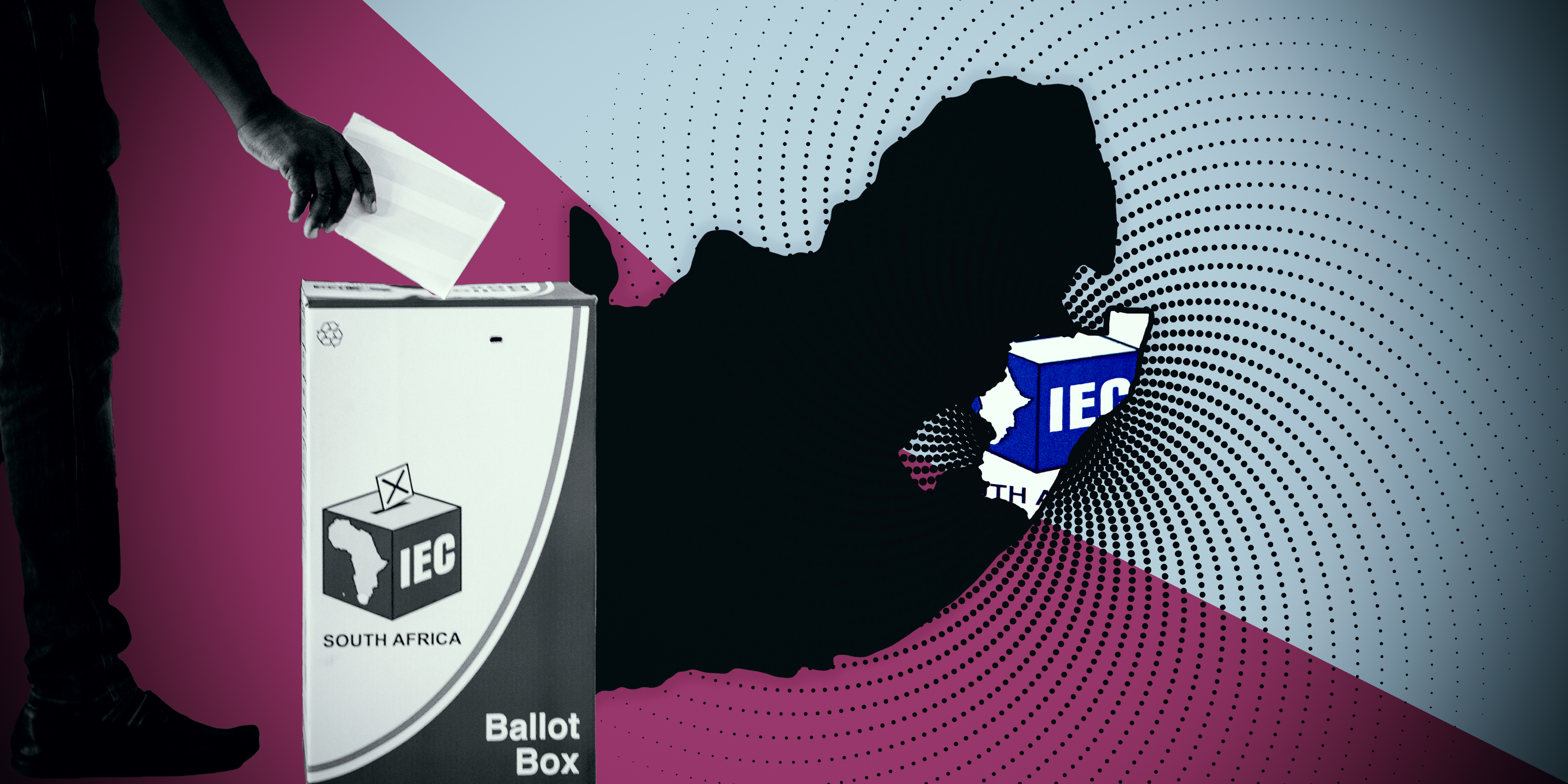Much has changed in KwaZulu-Natal since the 2019 elections. There are now more actors and more variables, making it entirely possible that the ANC will fall below 50% in the important province in the upcoming general election, with the DA and the IFP on course to work together wherever applicable.
Five years ago, in the aftermath of the national and provincial elections, it was widely believed that Gauteng would be the next major battleground because of the narrowness of the ANC’s victory there.
It could not have been predicted at the time that in the 2021 local elections the ANC would lose outright control of eThekwini and drop to just 41% of the vote for the entire province.
It is for this reason that three of SA’s four biggest political parties will hold their election manifesto launches at the Moses Mabhida Stadium in Durban: the ANC, the EFF and the IFP (the DA is scheduled to launch its manifesto in Pretoria).
There are many reasons why KZN is so important.
First, as the second-most populous province in South Africa, there is a structural reason to concentrate resources here. Most voters cast their ballot for the same party in the national elections and the provincial elections (especially as they vote at the same time, with two separate ballot papers). This means the parties that campaign hard in KZN will get more bang for their buck.
This was certainly the case in the past. When Jacob Zuma became leader of the ANC, the party’s share of the vote in KZN increased dramatically. At the time, KZN had a bigger population than Gauteng. This had a major impact on the ANC’s national share of the vote while ensuring the ANC controlled the KZN legislature.
The MK factor
Second, the province has more political ingredients than ever before.
The presence of the IFP has given the province a unique political landscape.
Now, the presence of the uMkhonto Wesizwe (MK) party with Zuma as its highest-profile campaigner is going to scramble the egg even further, with the ANC having to campaign against its former leader and its usual foes, the DA and the IFP.
It has never happened before in democratic South Africa that a governing party has had to campaign against one of its former leaders — and in his heartland.
Zuma is likely to concentrate on attacking the ANC, so even if his party does not win a significant share of the national vote, he will still be a sizeable distraction. Despite what some in the ANC’s National Executive Committee wish, he will be impossible to ignore.
Other factors make this province more complicated still.
Voters in KZN have changed their political choices more than voters in other provinces — the province has been governed by both the ANC and the IFP. The Western Cape has been controlled by the DA since 2009, while the seven other provinces have only been governed by the ANC.
For decades, the three most important leaders in KZN were King Goodwill Zwelithini as leader of the amaZulu, Prince Mangosutho Buthelezi as IFP leader and traditional prime minister and, for nine years, Zuma as President of South Africa. Zwelithini has died to be replaced by King Misuzulu kaZwelithini, but with his kingship facing several legal challenges, there is no long-term stability in this area.
Buthelezi has also died, and Velenkosini Hlabisa is the first person other than the IFP founder to lead the party.
And Zuma is no longer president, faces criminal charges, and has turned his back on the ANC.
Fear of violence
Many in KZN fear that violence could be a feature of these elections. The riots sparked by the jailing of Zuma in July 2021 still loom large over the province and fears of a recurrence are very real.
Politically, in the past five years, various opposition parties have started to work together.
While the formation of the Multi-Party Charter has not necessarily shaken our national politics, in KZN there have been results.
The DA and the IFP have signed a Service Delivery Pact in the province, and have worked together in two by-elections in eThekwini, where one party would not field a candidate if the other party had a chance of defeating the ANC in a ward.
The IFP has shown growth since 2019, while the DA may have a very strong premier candidate, uMngeni Mayor Chris Pappas.
As with other provinces in this year’s general election, turnout will be key to the result in KZN.
Across the nation, the middle classes are angrier than ever. The fact that a group called the eThekwini Ratepayers Protest Movement exists shows how frustrated people are with delivery issues there.
The proposed ratepayers’ protests reveal a genuine sense of grievance over the ANC’s stewardship of the province. Disgruntled voters in the province may turn out to a greater degree than in other provinces, which could be key to the result. The ANC in KZN is going to be under greater pressure than ever before.
It has been consistently reported that ANC national leaders are unhappy with the KZN provincial leadership. The national government’s decision to intervene in the eThekwini administration is but one proof of this. The province’s legal testimony that eThekwini has failed to fix its sewage systems also points to deep unhappiness with the city’s administration.
KZN has often set trends in our politics. It was Zuma’s dominance in the ANC that allowed him to dominate the national stage. Tensions between the ANC and the IFP during the transition to democracy were a major factor at that time.
While the ANC is going to campaign hard over the next few months, the complexity of the environment means it’s unlikely to stay above 50% in KZN.
A provincial coalition will almost certainly become necessary. While forming such a compromise could be a very complicated political deal, it may be the solution that this mighty but embattled province needs. DM





